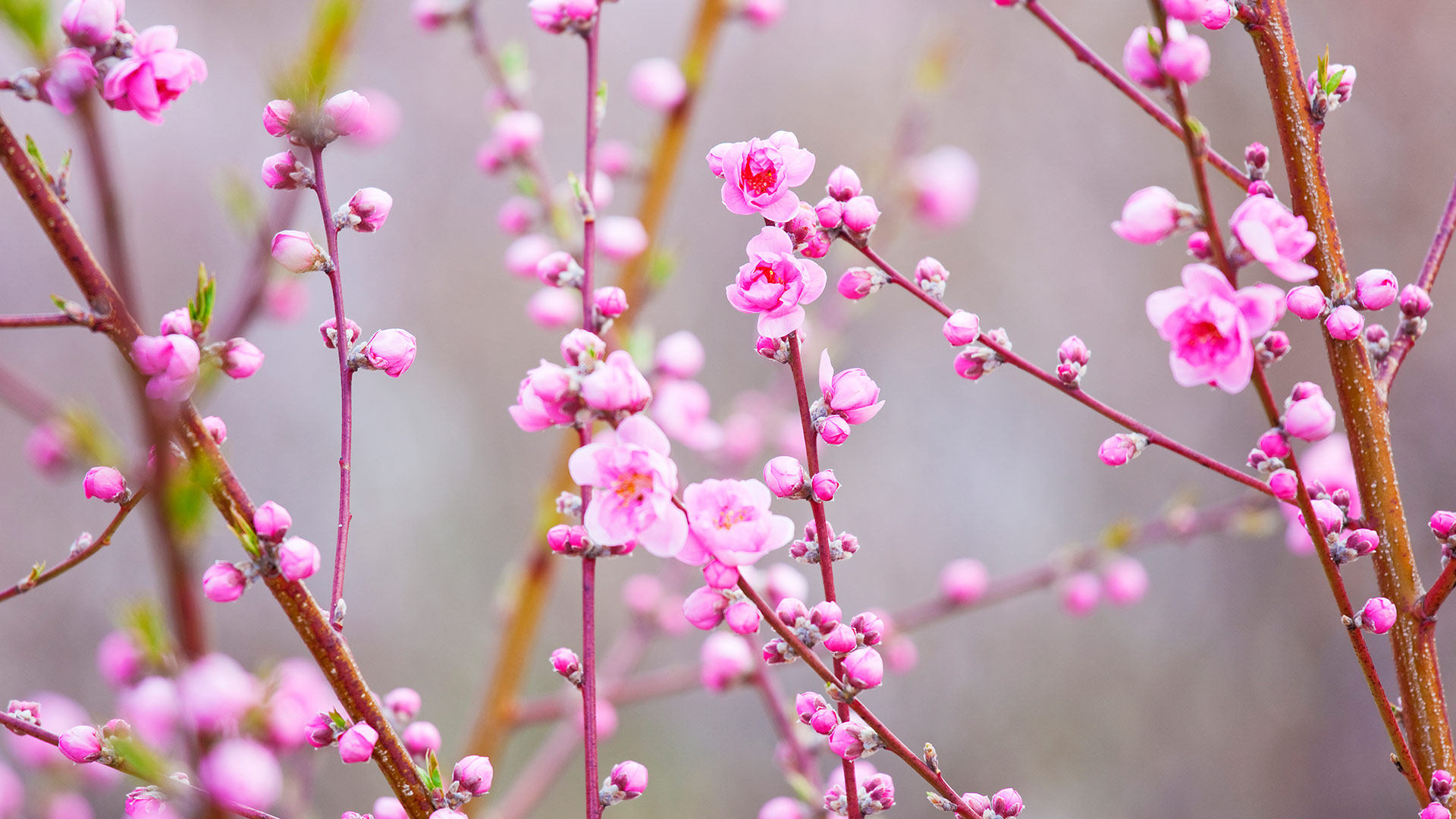

"An accomplished first novel." - New York Times Book Review NOMINATED FOR THE GOODREADS CHOICE "BEST BOOK OF THE YEAR" Spanning continents and generations, Peach Blossom Spring is a bold and moving story about the haunting power of our past, the sacrifices we make to protect our children, and one family's search for a place to call home.Ī BOOK OF THE MONTH CLUB PICK AND NOMINEE FOR "BOOK OF THE YEAR" How can he tell his story when he's left so much behind? Though his daughter, Lily, is desperate to understand her heritage, he refuses to talk about his childhood in China. Years later, Renshu has settled in America as Henry Dao. On the perilous journey that follows, across a China transformed by war, they find comfort and wisdom in their most treasured possession, a beautifully illustrated hand scroll filled with ancient fables. Meilin and her four-year-old son, Renshu, flee their burning city as Japanese forces advance. All in all, Peach Blossom Spring includes intense lyricism and tragedy, an introduction to the historical period covered, and insightful commentary on the gap between generations.A "beautifully rendered" novel about war, migration, and the power of telling our stories, Peach Blossom Spring follows three generations of a Chinese family on their search for a place to call home (Georgia Hunter, New York Times bestselling author).Ī country at war. Her use of tales from an antique scroll as a way to link the protagonists is lovely. Fu masterfully demonstrates the inability of one traumatized generation to quite imagine the trauma of another.įu’s imagining of the difficulties of being a woman in China during the first half of the 20th century is lucid and compelling, and her exploration of the way that one emergency solution to a problem can lead to a new and sometimes bigger problem is fascinating. However, the long timeframe of the story helps illuminate the reasons an immigrant would be close-mouthed about the past, and the difficulty that a child raised as a middle-class American has in relating to or imagining the horrors of living through an era of so much upheaval. The transitions from one main protagonist to another sometimes feels as though the preceding protagonist’s story is incomplete, and it is occasionally unclear whose point of view in the narration is being represented. Although the book is engaging and well-written, there is so much to be told that the story feels shallow in some places.

It traces the Chinese nationalist experience of WWII, the supporters of Chiang Kai-shek who ended up in Taiwan and what life was like there, the experience of a Taiwanese student in the U.S., and closes with the perspective of a first-generation Chinese American.Ĭovering that much history is an ambitious task. This tale of three generations of a family starts in China in 1938 and ends in the U.S.


 0 kommentar(er)
0 kommentar(er)
